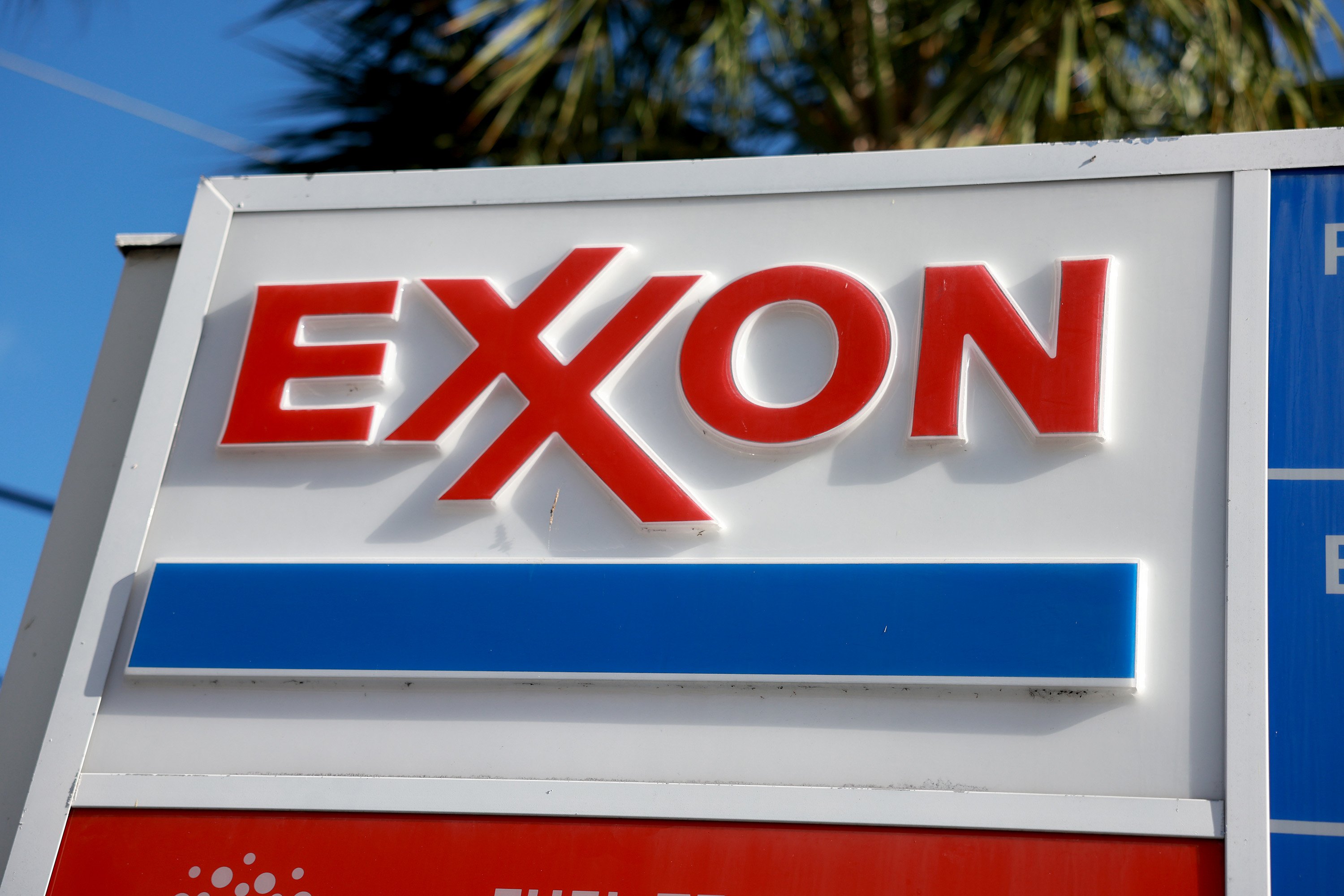Today, ExxonMobil (XOM +2.69%) announced that for the 20th consecutive year the additions to its reserves exceeded 100% of its total production, coming in at 103% of its total production in 2013 as it added 1.6 billion oil-equivalent barrels.
"Our industry-leading record of long-term reserves replacement demonstrates the success of our global strategy to identify, evaluate, pursue and capture high-quality opportunities," said the chairman and CEO of ExxonMobil, Rex W. Tillerson, in a statement. "The size and diversity of ExxonMobil's global resource base, the largest held by an international oil company, provide us with unequaled investment flexibility to profitably develop new supplies of energy to meet future demand."
The company did note that of the additions seen in 2013, 1.2 billion barrels were from liquid sources, 153% of production. However its natural gas replacement ratio stood at 52%, as it added 400 million oil-equivalent barrels. ExxonMobil also announced the reserve additions stood at 106% of production after the exclusion of the impact from asset sales.
The total proved reserves of ExxonMobil stood at 25.2 billion oil-equivalent barrels at the end of 2013, of which 53% were liquids, and the remaining 47% was natural gas. This compares to an almost equal 51/49 split between liquids and natural gas seen at the end of 2012.
ExxonMobil also highlighted its average replacement ratio over the last 10 years stands at 120%, which it noted is "a better indicator of reserves performance due to the long-term nature of the industry." Its average liquid and natural gas replacements ratios over the past 10 years stand at 104% and 141%, respectively. The company noted its total reserves of 25.2 billion oil-equivalent barrels would represent a life of 16 years at current production rates, equivalent to the level seen at the end of 2012, but up from the 15 years cited in 2011.
The company concluded by noting its "reserves additions in 2013 reflect new developments with significant funding commitments as well as revisions and extensions of existing fields resulting from drilling, studies and analysis of reservoir performance," and more than 700 million barrels of crude oil were added from its operations at Upper Zakum in Abu Dhabi.






